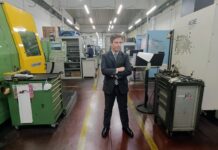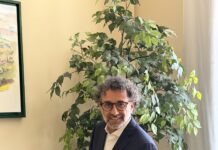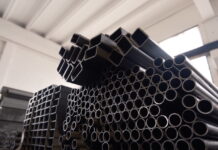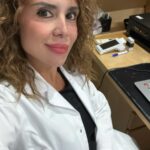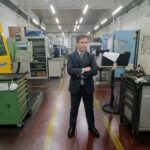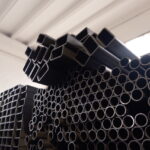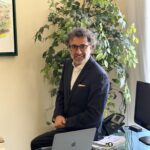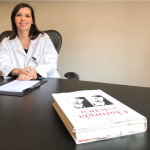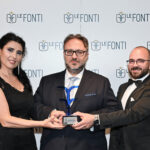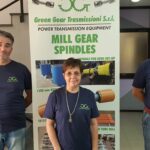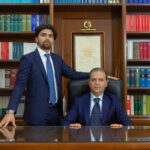In recent years, proctology has made significant progress thanks to the introduction of regenerative medicine, which harnesses the potential of autologous mesenchymal stem cells and cell growth factors. Dr. Marco Cosimi, a specialist in proctology, urology, general surgery, and vascular surgery, will guide us through this innovative therapeutic methodology, which has opened up new treatment opportunities for complex anorectal disorders.

Dr. Cosimi, what are the current therapeutic indications for the use of stem cells in proctology?
Regenerative therapy with autologous mesenchymal stem cells can currently provide a definitive and painless therapeutic response to the treatment of major proctological diseases. Even in complex situations such as anal fissures, it rapidly eliminates pain and local inflammation while repairing the damaged tissue by restoring it with biologically intact cells, without any scar tissue or complications, as happens with surgery. Autologous mesenchymal stem cells, taken from the same patient, have shown surprising results in the treatment of conditions like anal fissures, anal fistulas, and sacrococcygeal fistulas (https://metodocosimi.it/fistole/). The message is transmitted by the mesenchymal stem cells through microvesicles called exosomes, which are released into the healing biological tissue as well as into the patient’s bloodstream, triggering an immediate biological response from the body and promoting the reproduction of many other active mesenchymal stem cells that further assist in the repair of the damaged tissue.
Is this surgical procedure painful for the patient?
The procedure to collect stem cells is simple and painless for the patient. A modest liposuction of approximately 80 ml of subcutaneous fat tissue is performed through a minimal skin incision, without the need for any surgical sutures. The adipose tissue is then treated to extract only the cellular dilution of the microscopic stem cells present between the larger fat cells, which will be selectively removed. Only this liquid stem cell dilution will be injected into the damaged area. The technique is truly minimally invasive, allowing the patient to recover quickly from large and deep anal fissures, anal or sacrococcygeal fistulas without any post-operative pain. In fact, stem cells have a strong anti-inflammatory and pain-relieving biological action by nature. Additionally, the procedure is performed under local anesthesia, without the need for hospitalization or a day hospital stay.

How do mesenchymal stem cells act once injected?
Once injected, mesenchymal stem cells begin to rapidly repair the damaged tissues while blocking pain. Research developments have highlighted the importance of exosomes, tiny particles that communicate with tissues and carry key bioactive DNA and RNA segments essential for stimulating healing and cellular homeostasis. Exosomes produced by stem cells are capable of modulating inflammation, promoting tissue repair, and optimizing the process of local cell regeneration. By combining the optimal use of exosomes produced through thermo-photoactive stimuli, which are induced in the stem cells immediately after their collection in the same outpatient laboratory, regenerative medicine now has the potential to revolutionize the treatment and rapid healing of certain proctological conditions with more effective, targeted, and less invasive approaches.
What do you believe is the future of Regenerative Proctology?
With advancements in medical research, these techniques have now become a true pillar of regenerative medicine, providing patients with more satisfactory and quicker results compared to the past. Mesenchymal stem cells and the exosomes produced by them offer the current pathway for the definitive treatment of complex and painful proctological diseases, without the need for invasive surgical interventions and eliminating the risk of surgical complications. In conclusion, the regenerative approach with autologous mesenchymal stem cells and the use of exosomes represents a significant step forward for proctology. These treatments are effective and non-invasive, allowing for the rapid recovery of all patient activities while ensuring the best therapeutic quality for patients suffering from anal fissures, anal or perianal fistulas, and sacrococcygeal fistulas.
For further information: metodocosimi.it or info@metodocosimi.it.

